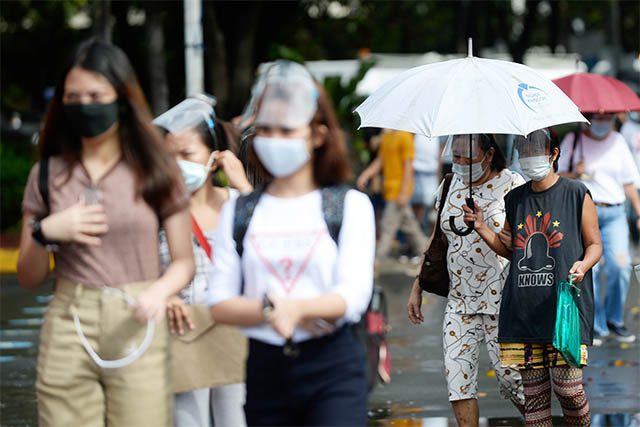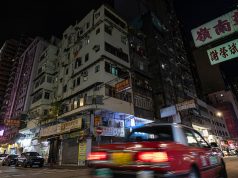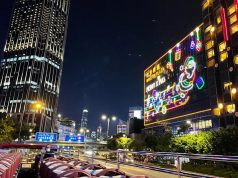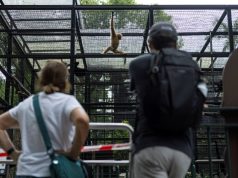
Members of the medical community called for better health policies after the national government announced possible re-imposition of the face shield policy due to the new COVID-19 variant.
The World Health Organization declared the variant B.1.1.529 or Omicron, a “variant of concern” on Friday, November 26.
WHO is still coordinating with several researchers in South Africa, where it is first detected, and other parts of the world.
In the meantime, the organization recommended countries to continue implementing their public health measures against COVID-19, including vaccination efforts.
National government’s response
In a briefing last Sunday, November 28, the National Task Force against COVID-19 chief implementer Carlito Galvez, Jr. announced that they are eyeing to re-impose the face shield policy despite no scientific proof of its effectivity.
“We will look at the possibility. Yun nga yung inaano ni Secretary Duque na he is ano pro na maibalik yung protection na pwede nating gamitin,” Galvez said.
“Kasi some people from WHO also believed na kaya tayo nagkaroon ng magandang result dito sa Delta as compared to others is because of also the other protection of face shield,” he added.
On the same day, the Inter-Agency Task Force for the Management of Emerging Infectious Diseases (IATF-EID) approved additional countries to be placed under the Red List.
“Inbound international travel of all persons, regardless of vaccination status, coming from or who have been to Red List countries/jurisdictions/territories within the last 14 days prior to arrival to any port of the Philippines shall not be allowed,” IATF said.
“Only Filipinos returning to the country via government-initiated or non-government-initiated repatriation and Bayanihan Flights may be allowed entry subject to the prevailing entry, testing, and quarantine protocols for Red List countries/jurisdictions/territories,” it added.
The task force placed the following countries under the “Red list”:
- Austria
- Czech Republic
- Hungary
- The Netherlands
- Switzerland
- Belgium
- Italy
- South Africa
- Botswana
- Namibia
- Zimbabwe
- Lesotho
- Eswatini
- Mozambique
The travel restrictions will be effective from November 28 to December 15.
The government, however, has yet to impose travel restrictions on passengers from Hong Kong after an Omicron variant case was detected there.
READ: Philippines tightens border controls to keep out Omicron variant
Better response vs Omicron
Some Filipinos agreed with imposing early travel bans as an effective preventive measure against the entry of Omicron in the country for now.
“Travel ban was never the ideal solution. However, after almost two years, we still suck at contact tracing, we are slow in vaccinating, and we still debate on the science of face shields. A timely travel ban seem the logical choice until we get our act together,” wrote Carlo Trinidad, also known as a kidney doctor on Twitter.
Other Filipinos also suggested proper wearing of face masks, proper ventilation, vaccination and other science-based policies to implement instead.
“Masks (check emoji) Good ventilation (check emoji) Vaccination (check emoji) Health protocols (cross emoji) Face shields,” said user @88DoubleDragon.
“There are just some places where children should NOT be allowed. They have NO ROLE there. And that’s the supermarket,” added Twitter user @docbenjisays.
“While the rest of the world is planning/implementing booster shots and inoculating children, tayo face shield pa din talaga ang pinaglalaban,” another user said.
Tony Leachon, former consultant at the National Task Force against COVID-19, also pointed out that the plastic gear was linked to the still-ongoing Pharmally controversy.
“Face shields have been linked to the Pharmally alleged anomalous. To reintroduce the idea of wearing face shields without fully addressing the huge threat of the Omicron variant is clearly a huge letdown for many of Filipinos,” he said.
Face shields were also among the supplies that a Senate probe found the government bought from Pharmally Pharmaceuticals through alleged questionable deals.
Since December last year, medical experts have been calling out the government for the ineffectiveness of face shields against COVID-19 transmissions.
READ: Face shields mandated in Philippines: Do they really protect vs SARS-CoV-2?









